Filed at the Los Angeles County Superior Court by MLG Automotive Law, the lawsuit claims Apple "had the technology to prevent texting and driving since 2008," noting also that it was granted a related patent in 2014. Despite this, it is alleged Apple refuses to implement the technology in the iPhone "over concerns that it will lose market share to other phone-makers who do not limit consumer use."
The suit identifies Julio Ceja of Costa Mesa, California as the plaintiff, involved in a car accident where his vehicle was hit from behind by another driver, reportedly distracted by using her iPhone.
To bolster the lawsuit, data from the U.S. Department of Transportation claiming 1.5 million people are texting and driving on public roads at any given moment. The National Highway Traffic Safety Administration classifies texting and driving as six times more dangerous than driving while drunk.
"The relationship consumers have with their phones is just too great, and the ability to slide under the eye of the law is just too easy," the lawsuit reads. "Embedding lock-out devices is the only solution."
It is also alleged the iPhone is responsible for 52,000 automobile accidents in California each year, based on data from the California Highway Patrol and the Federal Highway Administration, as well as an average of 312 deaths annually.
"Texting and driving has become one of the most serious issues that confronts all of us on a daily basis," said MLG Automotive Law founding member Jonathan Michaels. "Legislating against drivers will unfortunately not solve the problem.
"The relationship consumers have with their phones is just too great, and the ability to slide under the eye of the law is just too easy. Embedding lock-out devices is the only solution."
The class action wants to halt all iPhone sales in the state of California until Apple introduces some form of lock-out device that can prevent texting while driving.
Some may consider the class action lawsuit to be frivolous, as it is filed one month after another similar lawsuit against Apple, blaming FaceTime for distracting a driver involved in a fatal car crash. That suit also brings up the apparent availability of the technology to lock-out iPhone use while driving, as well as the 2014 patent, but rather than forcing Apple to implement a solution, that suit seeks damages and medical expenses.
2017 01 17 Ceja v Apple Class Action Complaint by MalcolmOwen on Scribd
 Malcolm Owen
Malcolm Owen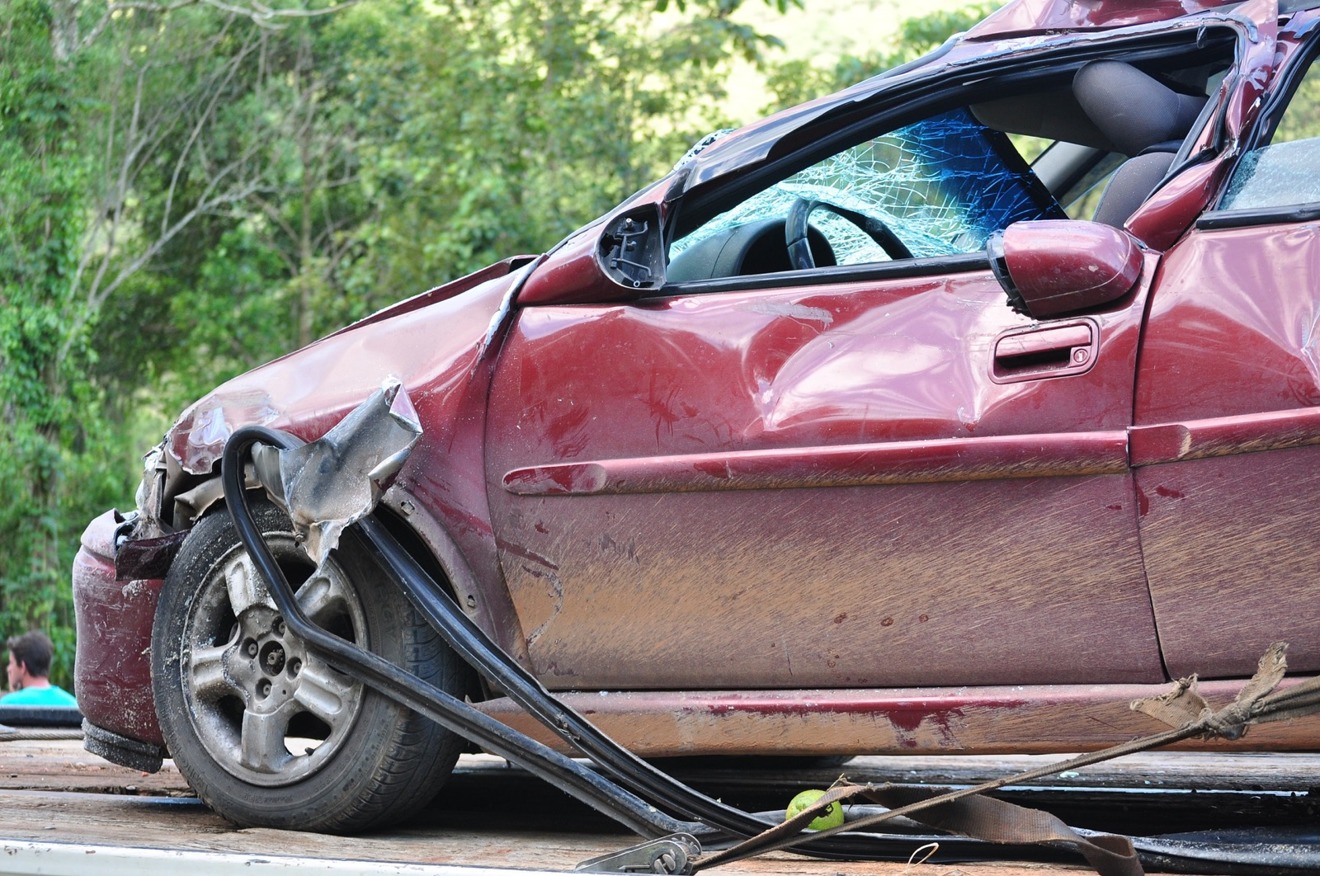







-m.jpg)






 Chip Loder
Chip Loder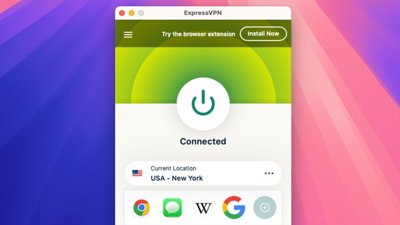

 Marko Zivkovic
Marko Zivkovic
 Wesley Hilliard
Wesley Hilliard
 Christine McKee
Christine McKee


 William Gallagher
William Gallagher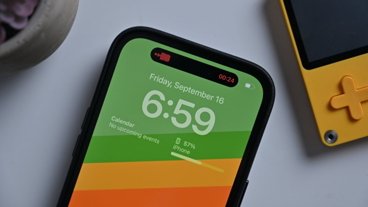
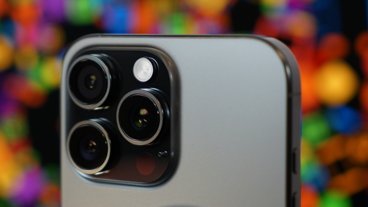
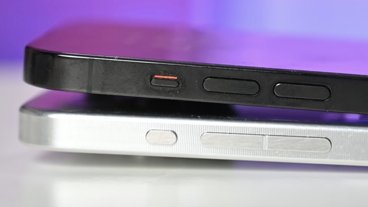


-m.jpg)
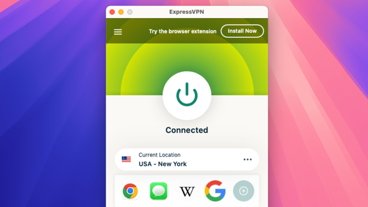



85 Comments
I find this line and the idealogical
mentality behind it very concerning.
Add another one to the pile of stupid lawsuits that will get thrown out.
Personal responsibility. I don't want Apple to lock(text or call) my iphone when driving. I might need to use it in emergency reply two words text or call someone..Isn't people to invoke Siri to reply text or return call so they don't get distracted while driving,
Apple can put lock-out feature but has to be ON/OFF in settings.
Most iPhone owners would rather have a headphone jack than this.